1
/
of
6
Hope for the Muslim Alcoholic By Yunus P
Hope for the Muslim Alcoholic By Yunus P
Publisher:
Ta Ha Publisher
Author:
Yunus P
Language:
English
Binding:
Hard Cover
Pages: 88
Size: A4|8.3x11.7in | 21 x 29.7 cm
Regular price
$19.99 USD
Regular price
Sale price
$19.99 USD
Unit price
/
per
Shipping calculated at checkout.
Couldn't load pickup availability
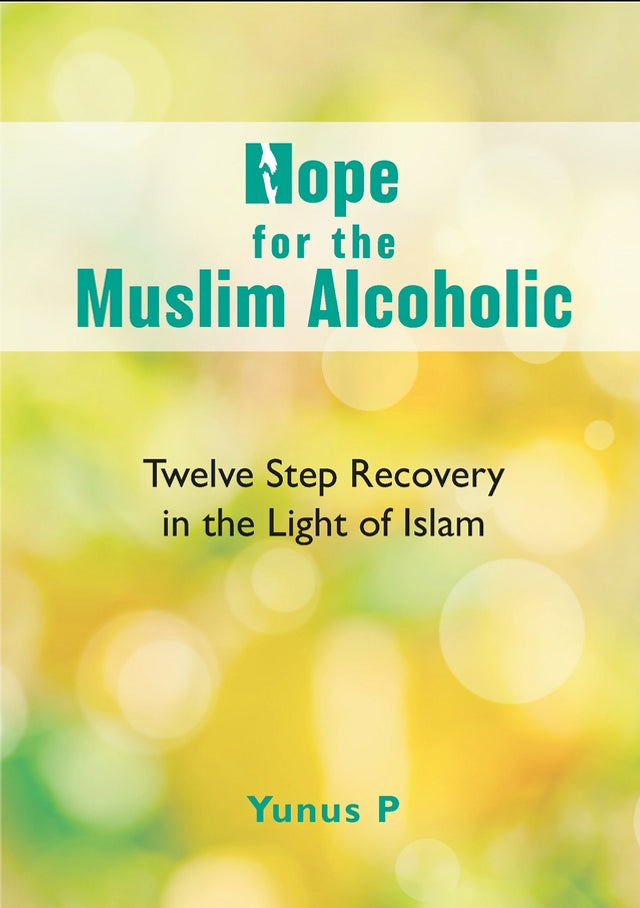
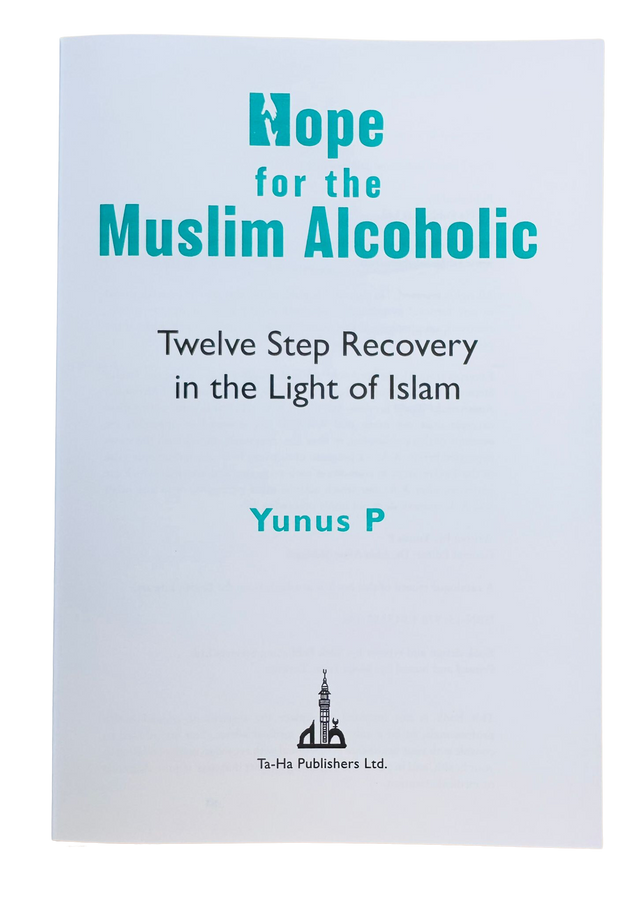
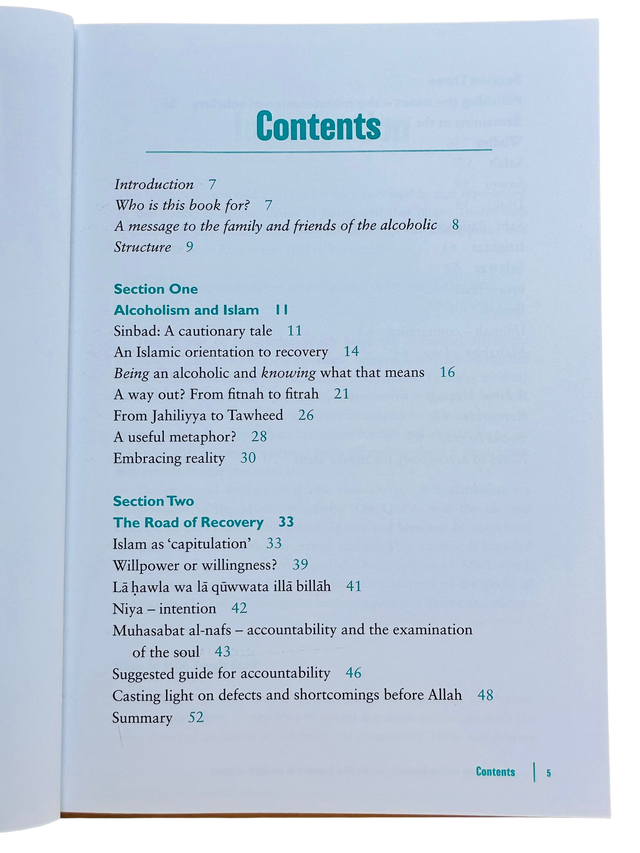
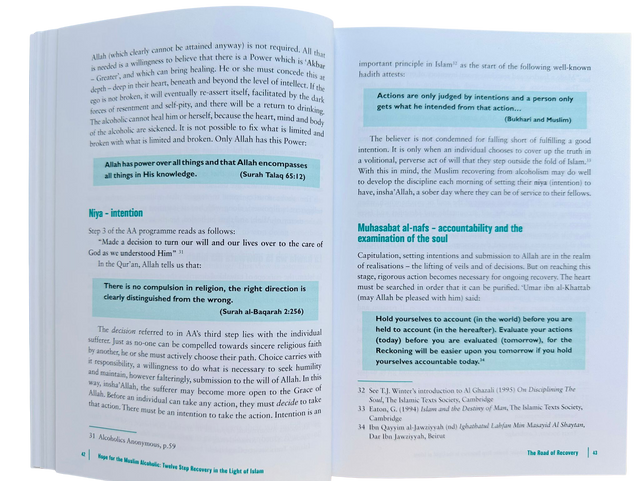
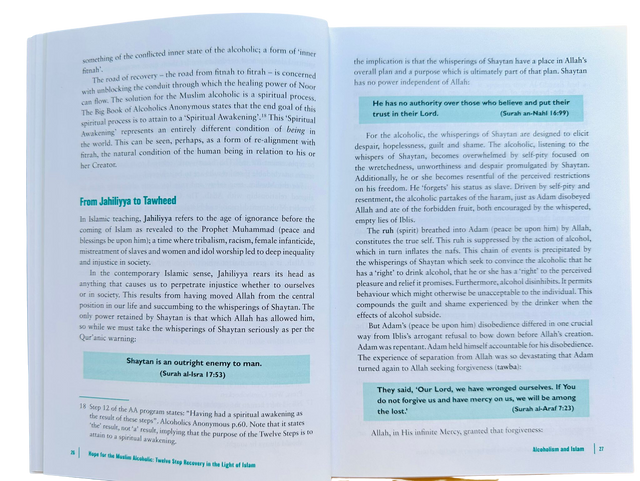
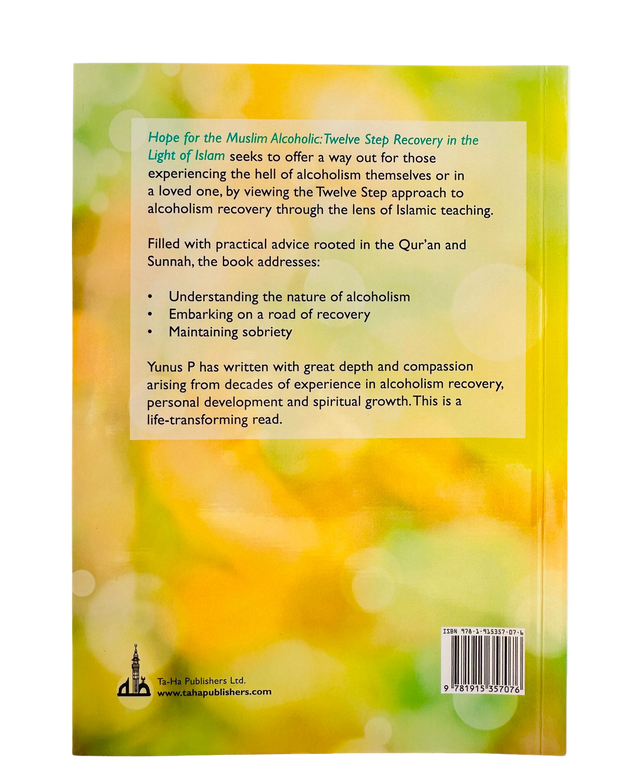
Collapsible content
Description of Book
This book utilizes Islamic teachings to guide those struggling with alcoholism through the Twelve Step approach. With insights rooted in the Qur'an and Sunnah, it offers practical advice for understanding the nature of alcoholism and embarking on the road to recovery, while maintaining sobriety.
Publisher
Ta Ha Publisher
Author
- Yunus P






